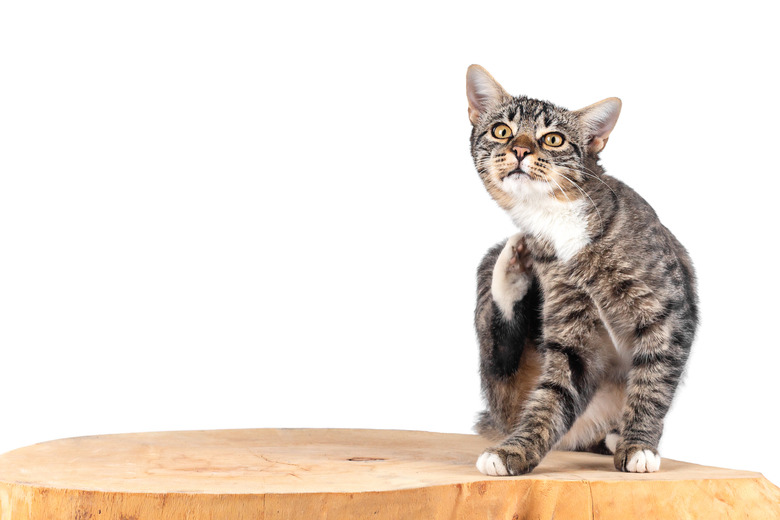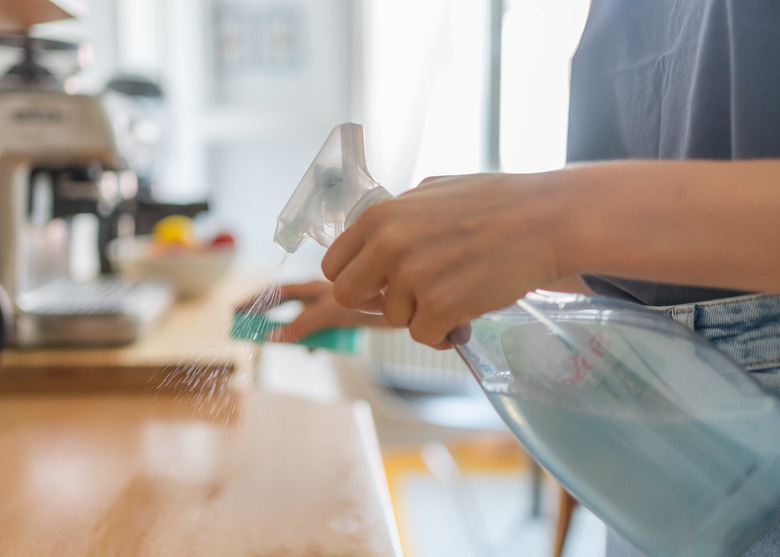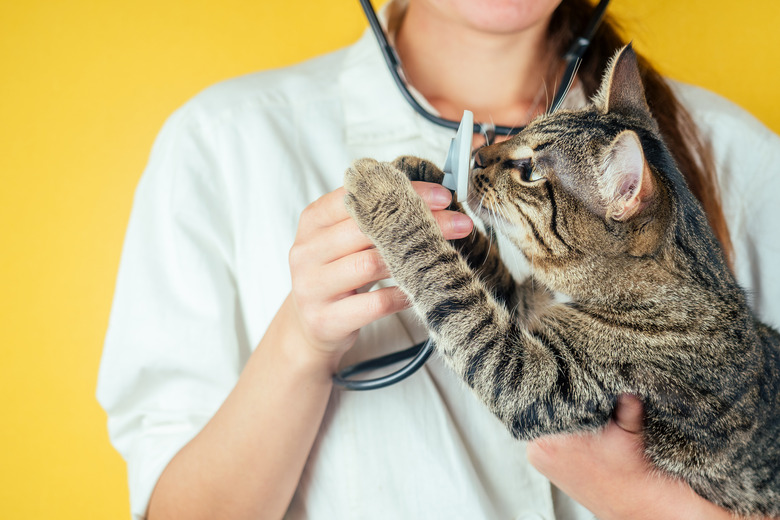Rubbing Alcohol Home Remedies For Fleas
Fleas are an undesirable yet common pest. They can cause itching and allergic reactions to flea bites, and they can spread disease. Protecting your pet from infestation will help keep your home bug-free. While many people opt for preventative flea treatment like medicated drops, some are left to deal with a flea infestation after the fact. It can be tempting for pet owners to use home remedies with ingredients such as rubbing alcohol, but this can be toxic to pets. If you are going to use alcohol as a home remedy for fleas, it is essential to understand how to use it safely.
Does rubbing alcohol kill fleas?
Does rubbing alcohol kill fleas?
Yes, rubbing alcohol does kill fleas, but it is not the best way to treat a flea infestation. If you drop a flea into rubbing alcohol, it will die. But fleas must be heavily soaked with rubbing alcohol to kill them effectively. Rubbing alcohol evaporates very quickly, but when used in large amounts, it can take up to an hour to evaporate.
Rubbing alcohol can be found in some pest-control products. But the active ingredients, which can be isopropyl alcohol or ethyl alcohol, can be incredibly harmful to pets. Pets who lick even a diluted alcohol mixture from their fur can become ill, and it can be absorbed through the skin.
Rubbing alcohol will not do anything to prevent the occurrence or recurrence of fleas on your pet or kill flea eggs and interrupt their life cycle. Using a rubbing-alcohol-based flea spray on carpets is often ineffective, as eggs may be underneath in the padding where the spray cannot reach. The best way to keep your dog, cat, and home flea-free is to implement veterinary-approved preventive measures.
Killing fleas with alcohol
Killing fleas with alcohol
Rubbing alcohol should only ever be used on infested bedding or areas of the home or yard where there is no danger that pets may come into contact with it before it has completely evaporated. Soapy water made from dish soap alone will kill the adult flea population and suffocate flea eggs before they can hatch, infest, or reproduce, and it is safe for pets.
Making and using an alcohol-based spray to kill fleas is relatively easy.
- Prepare an alcohol-based spray using rubbing alcohol and dish soap. Start by mixing equal parts rubbing alcohol and water in a spray bottle. Then, add several drops of dish soap and shake well so that all is mixed thoroughly.
- Spray the solution on affected surfaces. Never spray the solution on a pet's skin, a pet's fur, or anywhere a pet can come into contact with it until it has evaporated. Only use this spray on flea-infested hard surfaces, bedding, clothing, mattresses, upholstery, couches, or carpets.
- Place heavily infested items in a bag before spraying. Spray the items in the bag thoroughly
and seal it until the fleas die off.
Precautions if you use alcohol to get rid of fleas
Precautions if you use alcohol to get rid of fleas
Alcohol is toxic to pets and is highly flammable, so precautions are necessary if you choose to use alcohol as a flea killer in your home.
- Keep rubbing alcohol out of the reach of pets. If you are using rubbing alcohol in your home, keep it safely stored so that pets cannot access it. Do not apply it to a cat or dog's skin or fur. Keep them away from areas where it has been used until it has completely evaporated.
- Never mix rubbing alcohol with bleach. Rubbing alcohol combined with bleach produces chloroform. This is very dangerous to people and pets.
- Avoid using rubbing alcohol on some fabrics. Rubbing alcohol may damage certain delicate fabrics. Spot test before use.
- Do not use rubbing alcohol near flames. Rubbing alcohol is extremely flammable. Open flames or cigarettes can quickly ignite a fire if used near rubbing alcohol.
- Only use it in well-ventilated areas. Rubbing alcohol creates potentially dangerous fumes when evaporating. It's also irritating to the eyes.
- Do not use rubbing alcohol on varnished, painted, or lacquered surfaces. Rubbing alcohol is a solvent and can melt many treatments used to protect wood.
Symptoms of alcohol poisoning in dogs
Symptoms of alcohol poisoning in dogs
Symptoms of alcohol poisoning in pets may occur between 15 and 60 minutes after ingestion and can include:
- Vomiting
- Diarrhea
- Increased thirst
- Salivation
- Tremors
- Disorientation
- Hypothermia
- Lethargy
- Loss of coordination
- Low blood pressure
If your pet has had contact with rubbing alcohol and shows any of these symptoms, seek veterinary attention immediately. Alcohol poisoning can be fatal if left untreated. If you cannot reach your veterinarian, call the Pet Poison Helpline at (855) 764- 7661 or the ASPCA Animal Poison Control Center at (888) 426-4435.
Flea prevention tips
Flea prevention tips
If your dog spends time with other dogs in places like dog parks, kennels, or day care centers, or if you have a cat who is permitted to roam outdoors, an approved medicated flea control is recommended. Regularly wash bedding and other fabric items, like harnesses, collars, leashes, and pet beds. Vacuum and steam clean carpets, fabric furniture, and structures like cat towers to rid areas of fleas or flea eggs that may already exist.
Keep your yard trimmed and cleaned of debris. To kill fleas and flea larvae naturally and safely in your yard, sprinkle food-grade diatomaceous earth during dry months or on areas that remain dry, especially where pets rest. Diatomaceous earth only works as a natural flea killer in dust form, so rain and watering will render it useless.
The bottom line
The bottom line
Fleas are unpleasant and can spread disease. Rubbing alcohol kills adult fleas but can be toxic to pets. Veterinary-approved flea preventatives or treatments are far more effective. If you use rubbing alcohol to kill fleas in your home, understanding how to use it safely is essential. Discuss safe treatment options with your veterinarian if you have a flea problem in your home.


